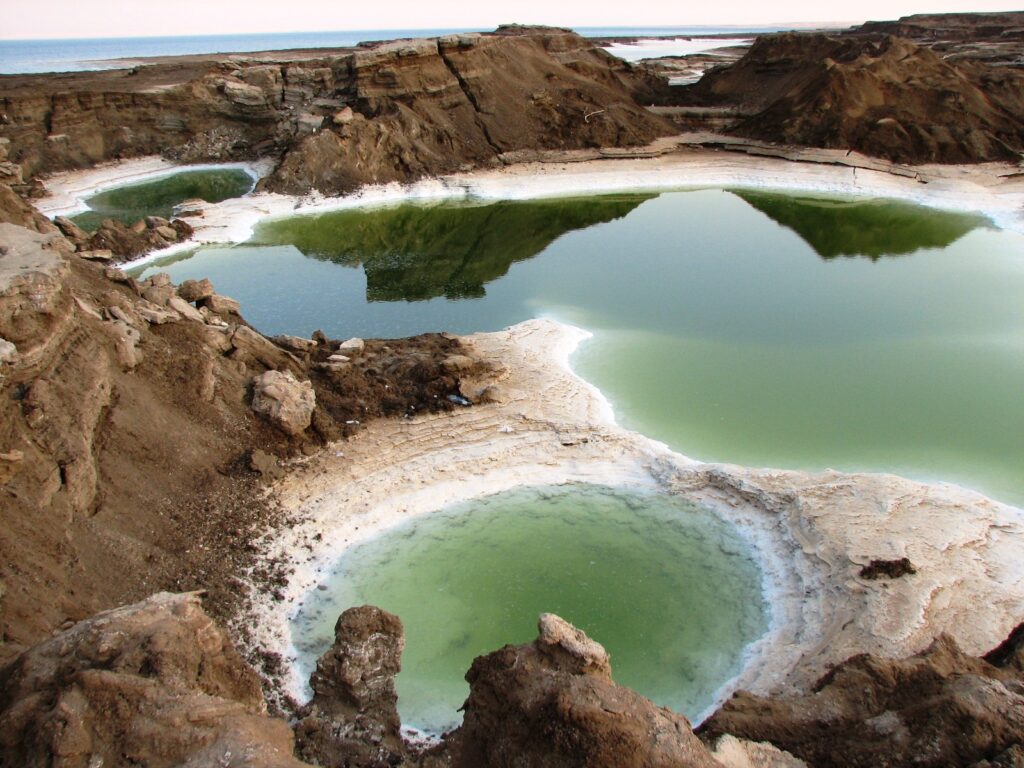The European Commission announced on Tuesday a substantial EU support package for Jordan worth €902 million.
The announcement was made during a visit by King Abdullah II in Brussels. According to the Commission’s press statement, his discussions with European Commission President von der Leyen focused on recent developments and the need to avoid a negative spill-over in the region, where Jordan plays a key stabilising role.
"I thank King Abdullah II for his critical stabilising role in the region,” President von der Leyen said. “The EU is a strong friend and partner of Jordan and our cooperation spans many areas, from culture to water management, from refugee support to education and training.”
“That’s why I am happy to announce today that we will continue our strong support to Jordan's reform process and modernisation of its economy."
The support package consists of €402 million in grants and €500 million in loans by the European Investment Bank. It includes€185 million package focused on among others improving education and technical training for the youth and two new initiatives worth €110 million in total to promote the private sector development and education.
Investments in Jordan to address the existing water shortage is also part of the package. The EU has just signed with the European Investment Bank (EIB) a first €50 million grant contribution to the vital Aqaba Amman Water Desalination and Conveyance project and adopted an additional €47 million EU contribution for the project, complementing previous financing.
The project will provide 300 million cubic meters of drinking water every year to Jordan once operational in 2027.
The EU also continues to support Syrian refugees in Jordan. In response to the Syrian crisis, the EU has provided over €2.2 billion in humanitarian and non-humanitarian assistance to Jordan.
The new funding follows the adoption of the new Partnership Priorities, guiding their cooperation until 2027, that were adopted at a meeting of the Association Council of the EU and Jordan in June 2022. Asked if the support package was linked to the current crisis in the region, the chief spokesperson replied that it was linked to long-term projects but was also significant in the current situation.
Dead Sea faces ecological disaster
Related to the water problem in the region is the shrinking of water level of the Dead Sea, which borders to Israel, Jordan and the West Bank. During the last ten years, the level has dropped by 1.15 meters on average and is now down to about 430 meters below sea level or even less. The area around the Dead Sea is full of sink holes. The Dead Sea faces an ecological disaster and different solutions have been proposed to solve this common environmental problem.
Experts are divided on the most suitable solution but it is obvious that it requires Israeli-Palestinian-Jordanian cooperation. One solution is the Red Sea Dead Sea Project which will involve desalination as well as conveyance of reject brine from desalination with or without additional volumes of seawater to the Dead Sea.
Israel has signed an agreement with Jordan to implement the project but it is still awaiting approval and budgeting. No decisions have been taken by Israel because of the government crisis. Another option is to bring desalinated fresh water from the Mediterranean Sea to the Lake of Galilee and from there down the Jordan river to the Dead Sea.
Asked if the project was still on the Commission’s agenda, the Commission spokesperson replied that he had no information about it.
M. Apelblat
The Brussels Times

